Twelve and LanzaTech successfully convert CO2 to ethanol
Green Car Congress
MARCH 4, 2022
Carbon transformation company Twelve and biotechnology company LanzaTech have transformed CO 2 emissions into ethanol as a part of an ongoing research and development partnership. This work will see Twelve converting CO 2 to CO, which will in turn be converted by LanzaTech’s proprietary microbe to isopropyl alcohol (IPA).





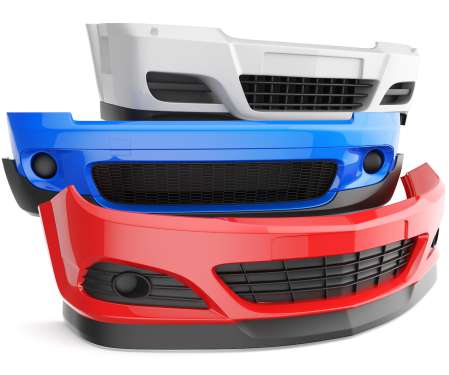


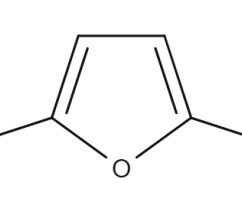
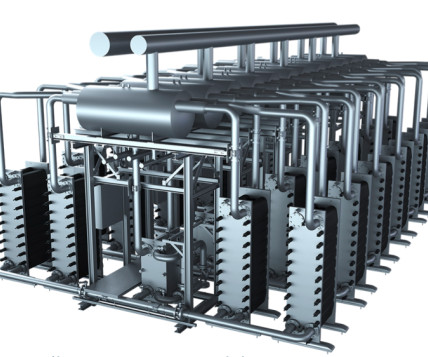

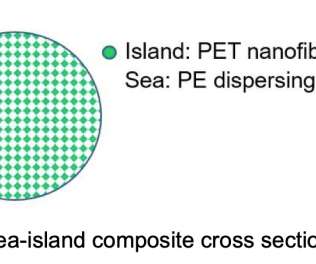
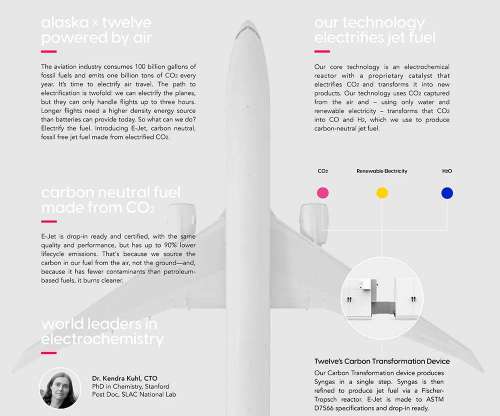
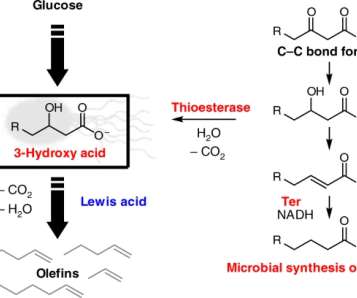



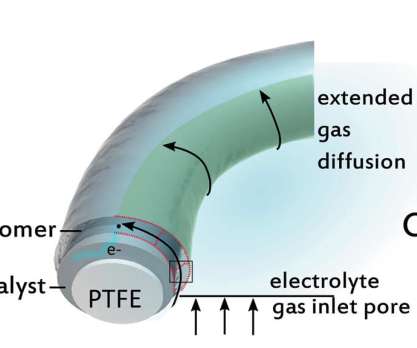

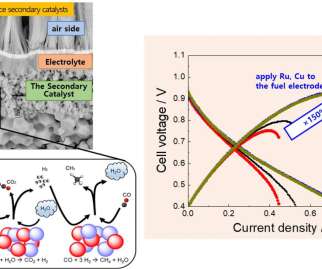
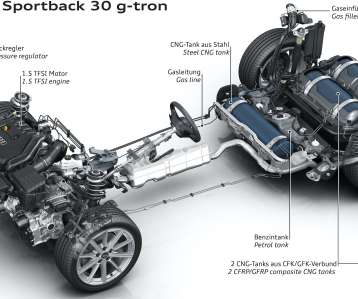
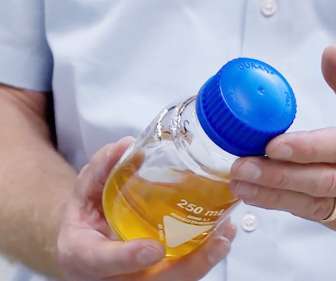





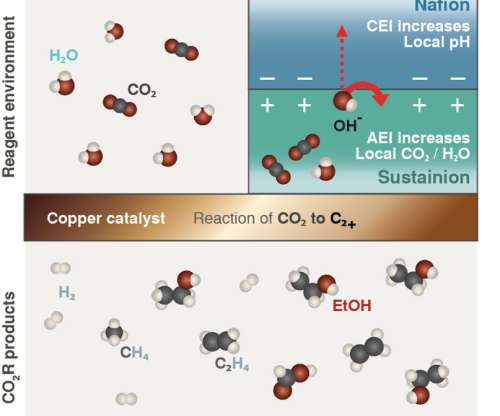

















Let's personalize your content